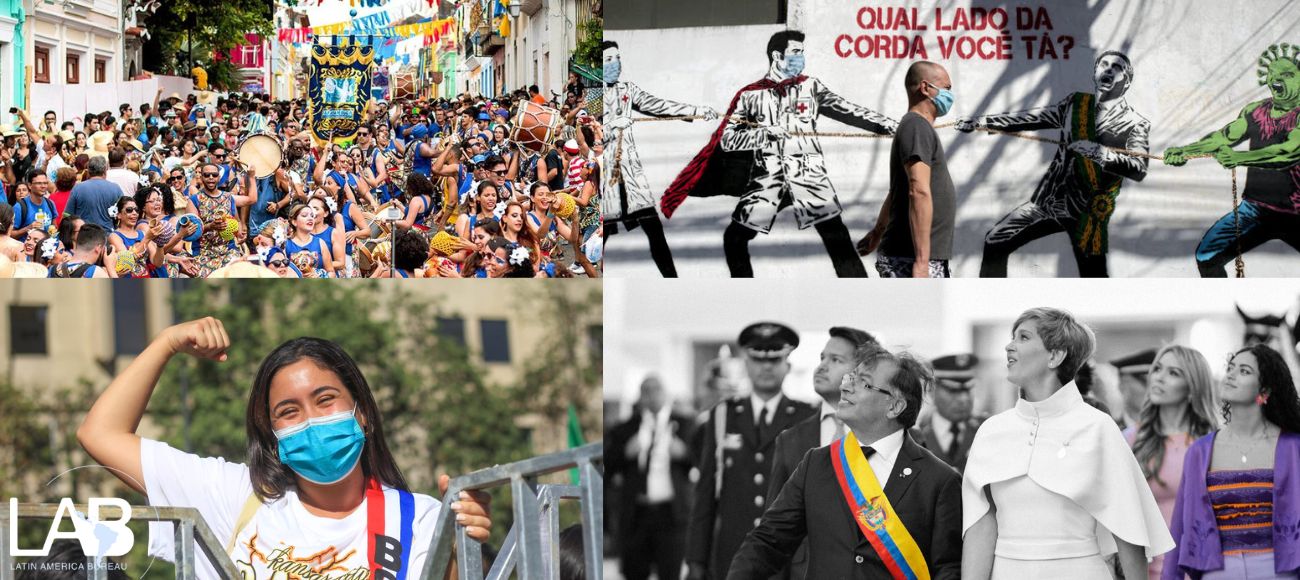 Nayana describes the various phases of LAB’s existence since its foundation in 1977. Initially it aimed to publish (in the pre-internet age) books and reports about repression and resistence, often in partnership and solidarity with Latin American exiles and asylum-seekers. It raised consciousness about trade union struggles, social movements and conflicts, authoritarian governments, the role of the US and of international organisations such as the World Bank and IMF.
In a second phase LAB also provided a documentation centre, a vital resource for students and researchers. In its second decade, LAB became primarily a publisher of books, not only about politics and economics, but about questions of truth and memory, cultural movements and the questions confronting the new social movements. Its range of contacts and collaborations extended both in the Region and in the UK and it brought together authors, activists and journalists for book launches, seminars and discussions. With more than 200 published titles under its imprint, LAB became recognised as the leading authority on Latin America in the UK.
Nayana describes the various phases of LAB’s existence since its foundation in 1977. Initially it aimed to publish (in the pre-internet age) books and reports about repression and resistence, often in partnership and solidarity with Latin American exiles and asylum-seekers. It raised consciousness about trade union struggles, social movements and conflicts, authoritarian governments, the role of the US and of international organisations such as the World Bank and IMF.
In a second phase LAB also provided a documentation centre, a vital resource for students and researchers. In its second decade, LAB became primarily a publisher of books, not only about politics and economics, but about questions of truth and memory, cultural movements and the questions confronting the new social movements. Its range of contacts and collaborations extended both in the Region and in the UK and it brought together authors, activists and journalists for book launches, seminars and discussions. With more than 200 published titles under its imprint, LAB became recognised as the leading authority on Latin America in the UK.
From 2008 onwards, LAB’s funding became precarious as the aid agencies cut back their work in Latin America. It took the decision to refocus itself for the digital age. Today, LAB is principally an internet portal (both a website and in social media) for news and analysis, although it continues to publish books, most recently K and Brazil Inside Out. LAB also supports a wide range of projects, including Nayana’s own documentary film (read more here) about the Munduruku indigenous people in the Tapajos River of Pará and Sue Branford’s investigation of illegal logging in the Amazon.
Nayana goes on to describe her own work, both as film-maker and in developing LAB’s profile on social media. She also discusses the nature of LAB’s developing partnership relations with community and campaigning groups, alternative media platforms and NGOs in the region.
You can read the full interview (in Portuguese) here.

